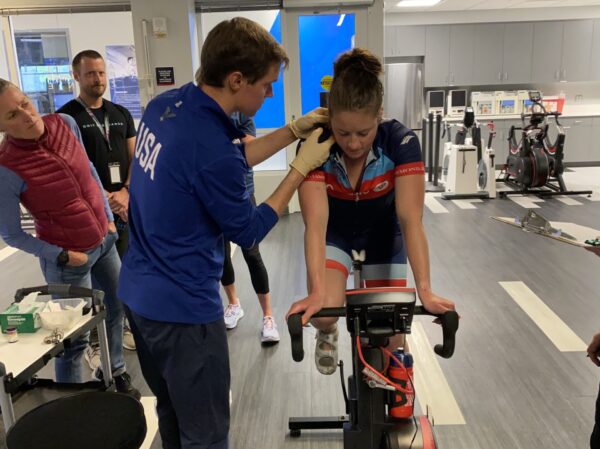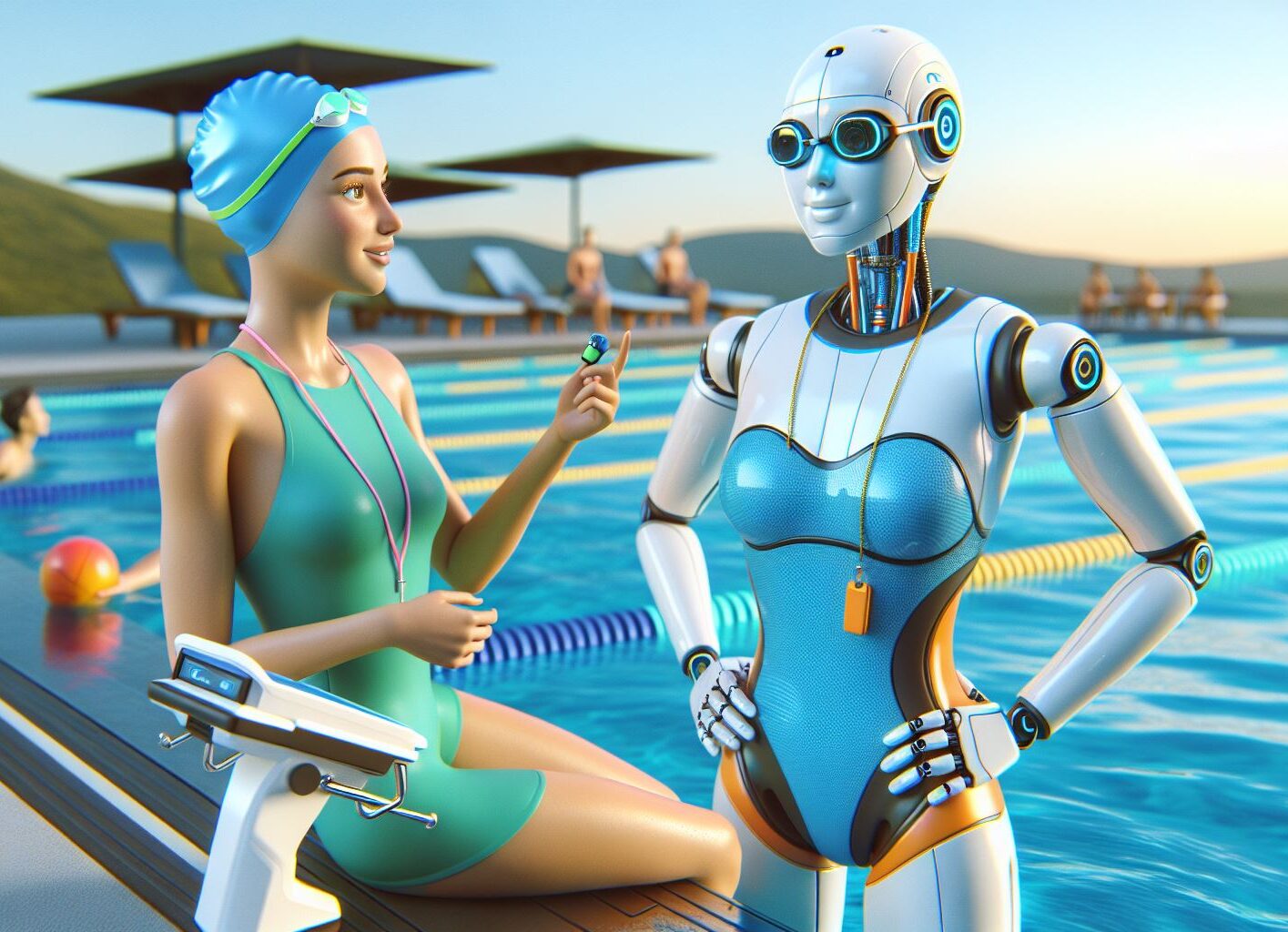The integration of artificial intelligence (AI) in the realm of sports coaching has become an increasingly prominent topic of discussion as we delve deeper into the digital age. While the potential benefits of AI-driven coaching and training models are undeniable, there are growing concerns among experienced professionals about the pitfalls of this emerging technology.
As a professional endurance sports coach with more than 30 years of experience who has closely observed the rapid rise of AI-based coaching solutions over the past few years, I feel obliged to speak not just about AI in coaching but also the pros and cons of its use by professional coaching companies. I believe that the current approach adopted by many companies is fundamentally flawed, as it fails to fully address the nuances and complexities inherent in effective coaching.
The key role of AI should be to streamline existing processes, enabling coaches to accomplish tasks more efficiently and freeing up valuable time for direct interaction with athletes. This sentiment is echoed by many in the industry, who recognize the need to leverage technology in a way that augments, rather than replaces, the expertise and personalized attention of human coaches.
.

The concern arises when companies attempt to employ AI to create mass, one-size-fits-all programs for the general population, without the oversight and guidance of qualified coaches. I would caution that the quality of these programs, lacking the critical input of experienced professionals, may suffer and potentially put athletes at risk of injury or suboptimal performance.
Where I think AI shouldn’t be used is to create programs where the person creating that program lacks the knowledge to accurately assess that plan before it’s sent to athletes. “This is currently what we’re seeing happening. Coaches are developing programs beyond the scope of their expertise for athletes with needs beyond their capabilities.”
In the current state of AI integration in coaching, the number of mistakes caused by AI errors or incomplete and poorly articulated data from athletes remains alarmingly high. Without the presence of a coach with the necessary knowledge and experience to identify and correct these errors, athletes’ training outcomes can be severely compromised, at best, and potentially hazardous, at worst.
AI is a powerful tool, but it must be used carefully and with proper oversight. “In the realm of sports coaching, where the well-being of athletes is at stake, the human element remains indispensable.”

I believe that the ethical line should be drawn when using AI at a level where the output being requested is something that the coach, with their current knowledge and skill set, could have comfortably produced themselves. “The goal of AI, at least initially and over the next few years, should be to help coaches become more efficient so that they can spend more time focusing on the critical roles within coaching that athletes depend on them so much for.”
This viewpoint is echoed by many of the current USA Triathlon level 3 coaches who believe that “AI should be used as an amplifier of a coaches’ capabilities, not as a replacement for them.” In fields like sports coaching, where personalized attention and expertise are paramount, AI should be a tool to enhance the coach’s effectiveness, not a substitute for their knowledge and experience.
As the integration of AI in coaching continues to evolve, it is crucial that a balanced approach is adopted. While the potential benefits of AI-driven coaching solutions are undeniable, the human element must remain at the forefront. Experienced coaches possess a wealth of knowledge, intuition, and the ability to respond to the unique needs of individual athletes – qualities that cannot be easily replicated by even the most advanced AI systems yet.
The coach emphasizes that the role of AI should be to augment the capabilities of these experienced professionals, enabling them to operate more efficiently and effectively, rather than to replace them entirely. By striking this delicate balance, the sports coaching industry can harness the power of AI to enhance the athlete-coach relationship and deliver optimal performance and safety outcomes.
In conclusion, the integration of AI in the modern coaching world is a complex and multifaceted issue that requires careful consideration and a deep understanding of the unique challenges and nuances inherent in effective sports coaching. As the technology continues to advance, it is essential that the human element remains at the heart of the coaching process, with AI serving as a complementary tool to empower and support experienced coaches in their pursuit of athletic excellence.

